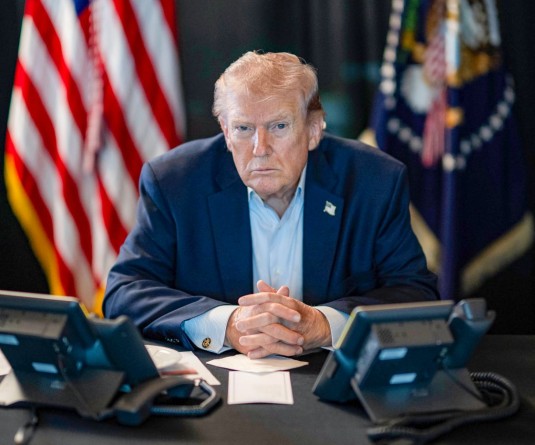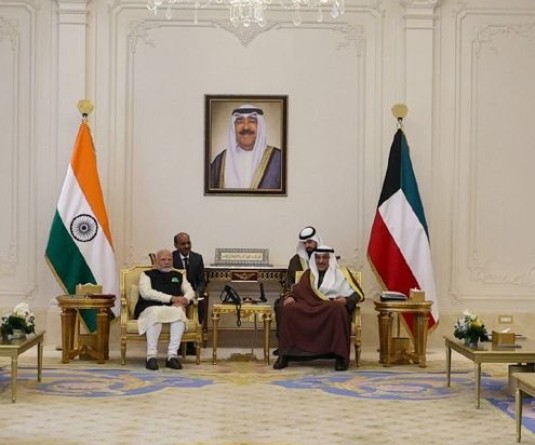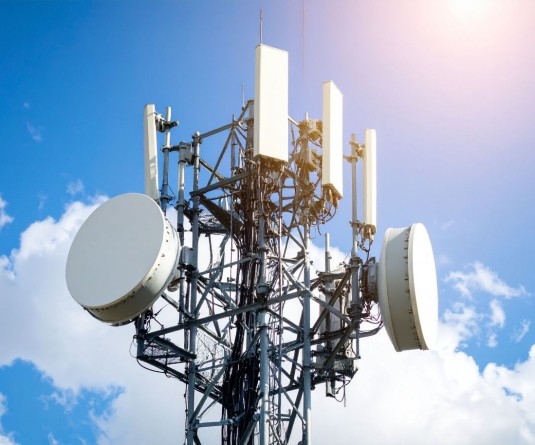Muslim parties accept Ram Chabutra birthplace of Lord Ram

New Delhi, September 24 (IANS) In a new twist in Ayodhya title dispute being heard in the Supreme Court, the Muslim parties on Tuesday accepted Ram Chabutra as the birthplace of Lord Ram and could not provide a satisfactory answer on the absence of any reference to Babri Masjid in the "Ain-i-Akbari", a 16th century document recording the administration of the Mughal Empire under Emperor Akbar.
A five-judge Constitution bench headed by Chief Justice Ranjan Gogoi is conducting the hearing on the vexed dispute.
Senior advocate Zafaryab Jilani, representing the Sunni Waqf Board, began his arguments by contending that two leading Hindu religious texts - 'Valmiki Ramayana' and 'Ramcharitmanas' - do not specifically provide proof of spot of the birth of Lord Ram.
At this, Justice D.Y. Chandrachud said: "Accepting this would mean Hindus cannot believe that Ram was born anywhere in Ayodhya at all."
Jilani reiterated that there is no mention of the specific spot. "There was a temple, which was called Janmasthan temple located to the north of the disputed structure," he told the bench.
As Justice S.A. Bobde asked: "Do you accept Ayodhya as birthplace of Lord Ram, and do you also accept that Ram Chhabutra (which came into existence after 1855) is the birthplace of Lord Ram?", he replied: "We accept it because, three other courts said it. Thereafter, we did not disturb it. Ram Chabutra was in their (Hindus) possession."
Jilani, however, insisted that spot under the central dome is not the birthplace of Lord Ram.
Earlier, senior advocate Rajeev Dhavan in his response to submissions made by the Nirmohi Akhara, a party in the lawsuit, said statements of witnesses and Gazetteers quoted by the Akhara implied that Hindus were worshipping at Ram Chabutra in the outer courtyard.
However, on Tuesday, Jilani said his case is that Hindus never worshipped the space, where the Babri Masjid was, as the birthplace of Lord Ram. "But they worshipped the Ram Chabutra as the birthplace. It is hardly 50 to 80 feet from the mosque," he submitted.
Later during the hearing, Justice Bobde posed three possibilities to the Muslim parties: Emperor Babar demolished the temple and built a mosque; Babar built the mosque at a place where there was a temple; and Babar built mosque on a land which was vacant, but there was probably something below.
Mentioning the 'Ain-i-Akbari' which he said was known for showing everything in its minutest detail, Justice Bobde asked: "Then why did it not mention the Babri Masjid?"
As Jilani replied that only important facts were mentioned in it, Justice Bobde quipped: "A mosque built on the instructions of an emperor is not important?"
Elaborating his view on the historical document, Justice Bobde said: "All mosques built should have been mentioned in 'Ain-i-Akbari', or the alternate, the mosque was not there." Babri Masjid was purportedly built in 1528.
Justice Ashok Bhushan, citing the Skanda Purana, told Jilani that one of their witnesses has referred to this historical text, which apparently mentions about the coordinates leading to the birthplace of Lord Ram at the disputed site. "We are referring to the composition of the Skanda Purana in the 6th century and its publication in the 1800s," he said. Muslims parties have doubted the evidentiary value attached to Skanda Purana by Hindu parties.
Earlier, during the hearing, Justice Bobde queried on the location of Dashrata's palace, where Lord Ram was born, and cited its importance in context with the Archaeological Survey of India report. He also cited a cross-examination of a witness identifying Lord Ram's birthplace. 200 paces west of Sita Koop, a water well.
Justice Bhushan added: "Hindu belief in Lord Ram did not begin in 1950."
Muslim parties on Tuesday argued there is no evidence that any place below the central dome of the Babri Masjid was used for worship of Lord Ram before 1950. The arguments will continue on Wednesday.
The Allahabad High Court in its 2010 judgement equally partitioned the 2.77 acre disputed area among three parties -- Ram Lalla, Nirmohi Akhara and the Sunni Waqf Board. However, none of the parties was satisfied with the verdict and moved the Supreme Court.






